The fifth season of Formula E starts this weekend in Riyadh, Saudi Arabia – but it really marks a new beginning for the electric single-seater championship.
That’s due to the arrival of the new Gen2 race car, which is more powerful and features a larger battery, increasing speeds and allowing cars to complete an entire race without pitstops.
Here’s what to watch for this season.
Technical changes: Formula E’s new Gen2 race car
The ABB FIA Formula E Championship's new Gen2 car, officially called the Spark SRT05E, replaces the Spark SRT_01E that has been in use since the inaugural season in 2014-15.
Aside from new styling, aerodynamics and safety systems (including a halo cockpit protection device), the most notable change is that the cars will be more powerful.
Since Formula E’s second season, teams have been allowed to build their own powertrain with a maximum of 180bhp (240bhp in boost mode), but for the new car that has been increased to 250bhp (335bhp in boost mode).
The extra power will increase top speeds from 140mph to 174mph and trim 0-62mph times by 0.2sec down to 2.8sec.
The Gen2 also features a new McLaren Applied Technologies-built 54kWh battery, replacing the 28kWh unit in the old car. The extra power means that cars can now last for the entire race, ending the need for mid-race car swaps. The Gen2 machine also gets a new brake-by-wire system that improves regenerative braking.
The new battery weighs 385kg, compared to 320kg previously, but with weight savings made elsewhere, the minimum weight of the cars has been increased by only 20kg, to a total of 900kg.
The new machines run 18in Michelin Pilot Sport All-Weather tyres, which are designed to last for an entire race weekend.
Rule changes: Formula E’s new boost mode
For Formula E’s first four seasons, the length of each race varied. With the bigger batteries ensuring that drivers no longer need to switch cars mid-race, events will now last for 45 minutes plus one lap.
Races will also feature a new Attack Mode, partly inspired by console racing games such as Super Mario Kart.
To use it, racers must drive through a special ‘activation zone’ marked on the track off the usual racing line. They then receive an extra 34bhp of power. The duration of that boost mode and the number of times it can be used each race will differ for each track.

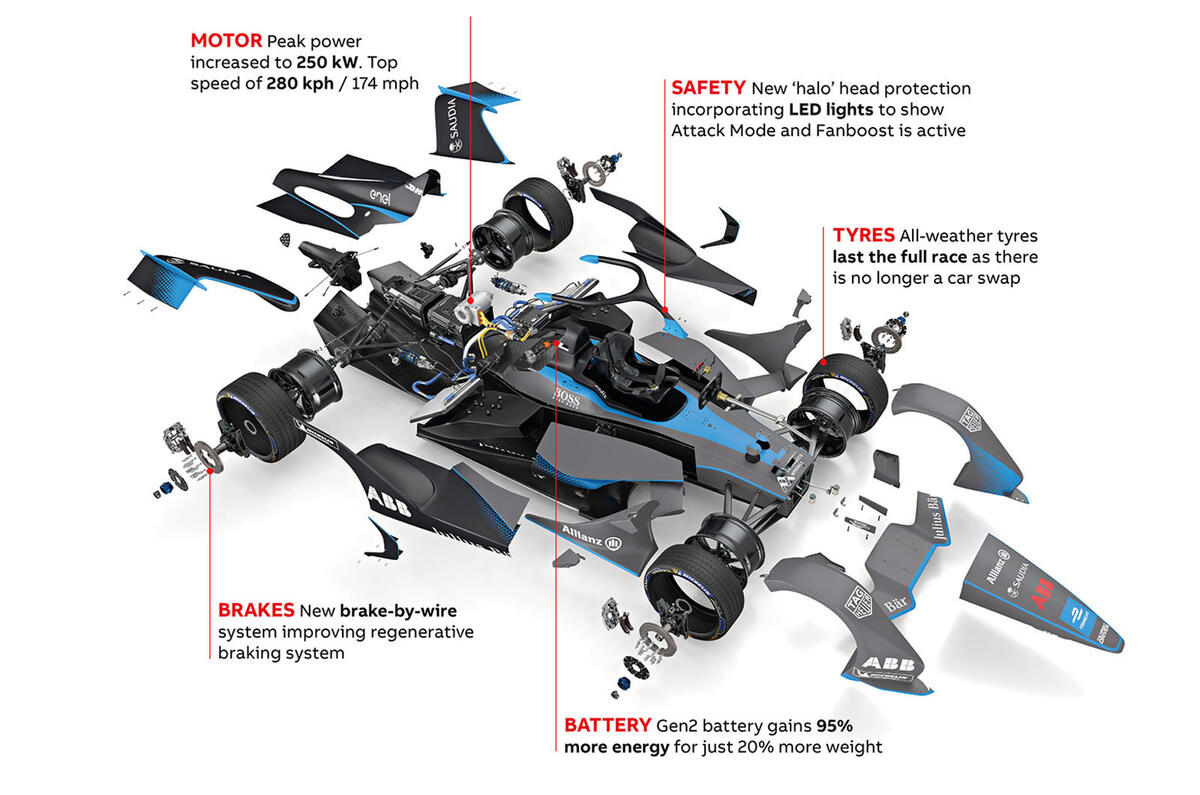





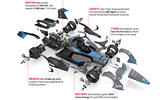
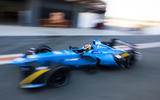

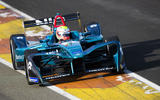
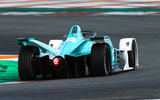
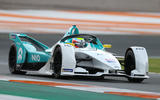

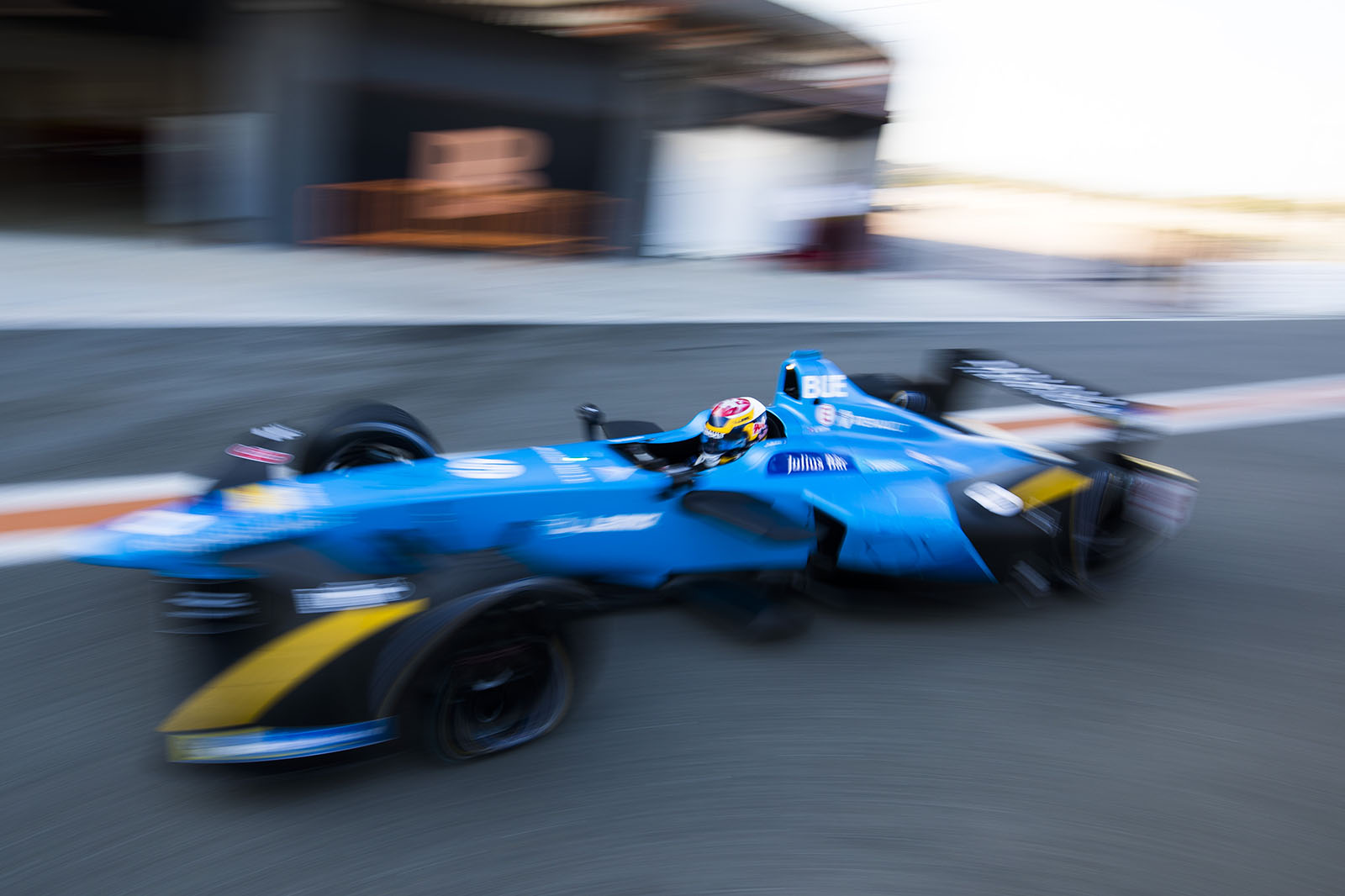






Join the debate
Add your comment
Mark my words
I wouldn't watch this if they gave away half a ton of chocolate and a night out with Kylie. Watch what happens as more manufacturers get involved. The minute VAG and Mercedes start pumping hndreds of millions of pounds into it, the costs will go through the roof and they'll completely wreck it like they did with Le Mans, the WRC and everything else they enter. If they took up tiddly winks they'd stick the things through a wind tunnel, make them out of stuff they have to deep mine from nine miles under the Pacific and pay the winkers 20 million a year.
Fanboost.
What a load of crap.
Says it all.
Well I expect there to be